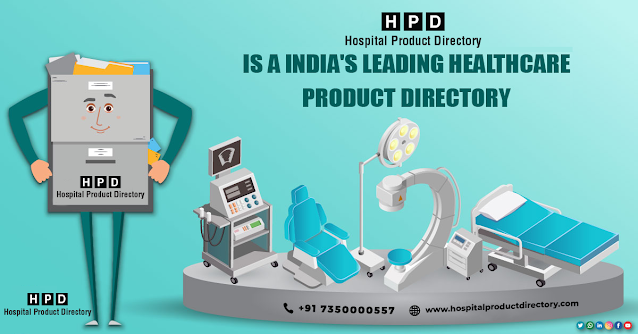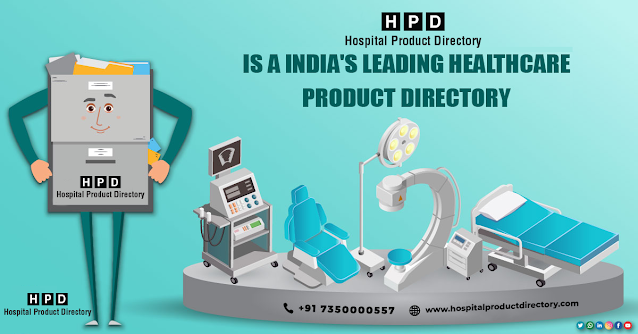Fundamentals of the CPB Machine?
Progress in heart surgery has been conceivable due to the expansion of cardiopulmonary bypass (CPB). CPB is a form of extracorporeal flow whose purpose is cardiovascular and breathing support along with malaise organization to ease surgical procedures on the heart and great containers. A CPB path comprises drives, cannula, tubes, tank, oxygenator, heat exchanger and arterial link sieve. Modern CPB machines made by Cardiopulmonary Oxygenation Systems Manufacturers have arrangements for observing pressures, malaise, oxygen capacity, haemoglobin, blood vapours, electrolytes as well as security topographies such as fizz sensors, oxygen beam and tank low-level detection alarm.
Through CPB, intravenous blood is sapped through
solemnity into a tank. The drive moves plasma from the tank to the oxygenator
through a heat exchanger, before reverting it to the arterial flow. Extra
apparatuses include pushovers (to eliminate blood from the operating field),
openings (to expand the heart), hemofilter (for ultrafiltration) and a
cardioplegia scheme
The Breaker drive includes two breakers located on a
revolving arm, which compress a distance of tubes to yield onward flow. This
act can yield haemolysis and tubing debris, the occurrence of which upsurges
with time. Therefore, the use of breaker pumps for longer events is dissuaded.
Centrifugal pump contains impellers/loaded funnels within the covering. When
alternated quickly, deleterious pressure is shaped at one bay, and optimistic
pressure at the other, thus pushing the blood forward. Cannula attaches the
patient to the track and therefore to the CPB machine that is available with Cardiopulmonary
Oxygenation Systems Suppliers.
Effervesce oxygenators are mainly of past interest in the
age of sheath oxygenators. Sheath oxygenators contain resonating micro
absorbent polypropylene threads (100–200 μm inner width). Blood drifts outdoor
the fibre while airs pass inside the fibre, thus unscrambling the blood and gas
stages. They have a smaller tendency for air embolism and give better
correctness in blood gas control. Fresher schemes made by Cardiopulmonary
Oxygenation Systems Manufacturers have an assimilated sieve to accomplish
emboli, thus making added arterial sieves needless. A warmth exchanger is
combined with the oxygenator and positioned proximal to it to decrease the
discharge of vaporous emboli due to changes in the malaise of inundated blood.
For intracardiac overhaul, cross-clamping the vein is
essential, which condenses the heart ischemic. Cardioplegia is a technique of
myocardial defence where the heart is perfused with a mix to reason
electromechanical arrest which decreases myocardial oxygen ingesting. The
cardioplegia cannula is introduced proximally while the aortic cannula is
distal to the fix. A distinct pump delivers cardioplegia either antegrade into
the aortic root or backward into the coronary sinus or both.
Other trail machineries are the gas line and mixer, which
transports fresh air to the oxygenator in a measured combination. The set FiO2
regulates PaO2 while total movement controls PaCO2 on the bypass. The major
line sieve is present distal to the pump and eliminates particulate matter more
than 20–40 μm in scope.
Superficial covering of the track with various resources
has been tried to advance biocompatibility, curtail irritation and thrombus
creation. CPB has made progressively multifaceted cardiac operations
conceivable in the current age. Over the years, CPB has experienced huge
alterations in the form of original defoaming go-betweens, heparin caked motherboard,
ultrafiltration, shrunk circuit design, combined major sieves with an
oxygenator. Though it is not without its part of side effects, it is vital to
continue to hunt for plans to further minimalize them for better consequences.
If you are looking for Cardiopulmonary
Oxygenation Systems Dealers, please log onto Ozahub.



Comments
Post a Comment